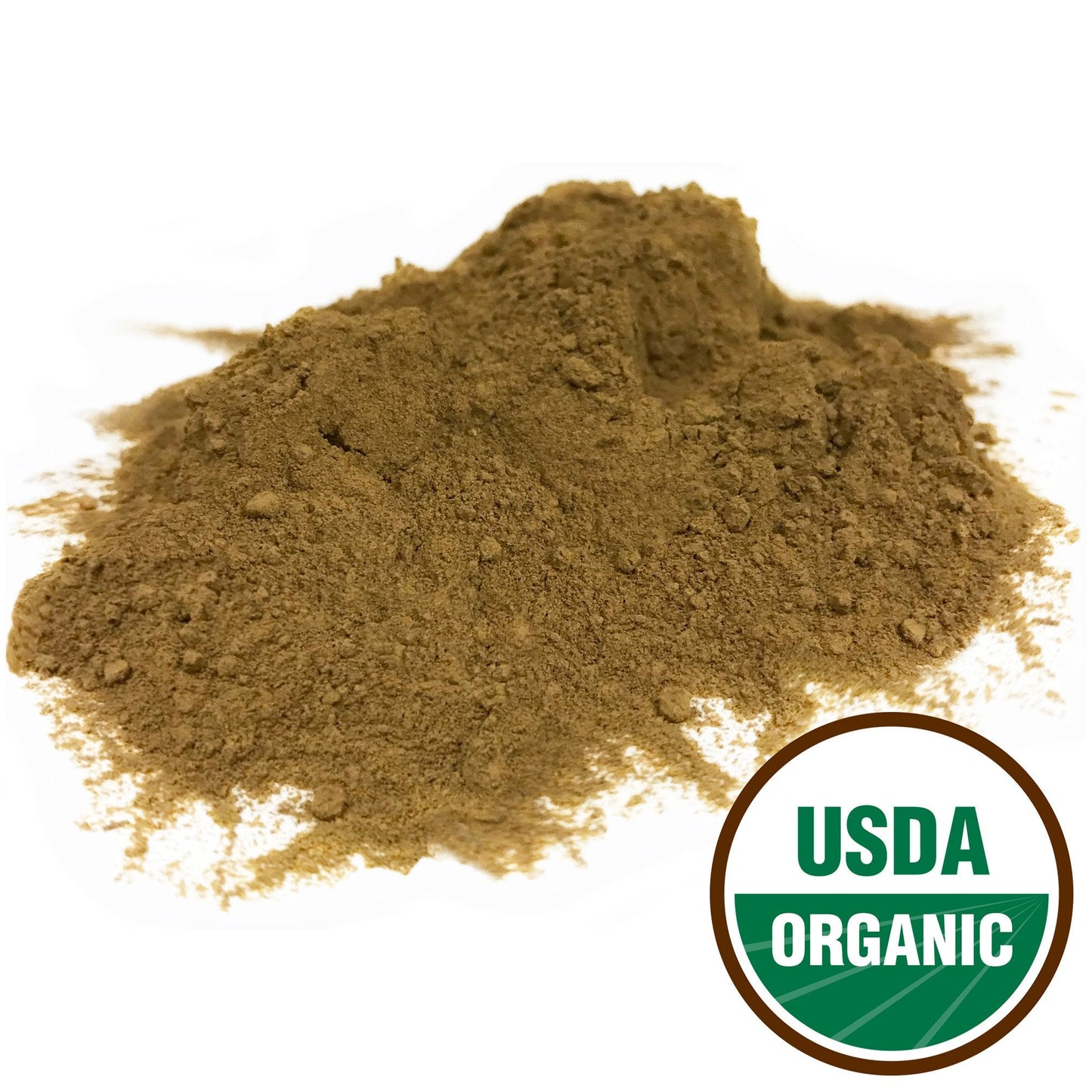Best Botanicals
Sarsaparilla Root
Sarsaparilla Root
Couldn't load pickup availability
An herbaceous perennial with large, fleshy, horizontal, creeping roots from which grows a large solitary compound leaf. The leaves are twice-divided, each 3 divisions has 3-5 toothed, oval leaflets. The flower stem comes from a naked root, 1 foot high, terminating in 3 small, many-flowered greenish umbels. Found in eastern and central U.S. in moist woods. The root tea is used as a pleasant tasting beverage for a spring tonic. It is a carminative, diaphoretic, diuretic & tonic.
UPC: 084783018049.
Origin(s): India, Mexico.
Latin Name(s): Smilax medica, Hemidesmus indicus.
Also known as: Catbriers, greenbriers, prickly-ivys, Smilax aristolochiifolia, false sarsaparilla.
Plant Part(s) Used: Root.
Appearance: Brown to light brown.
Aroma: Vanilla-like.
Taste: Slightly sweet, vanilla-like.
GMO Status: Non-GMO.
Allergen: None.
Additives: Free of any additives or preservatives.
Applications / Preparations: Can be put into capsules, teas, beverages or infused as an herbal extract. For aromatic use can be added to resin incense blends. For decorative use can be put in potpourri displays and in simmering mixtures.
Storage: Store in a sealed container in a cool, dry place.
Shelf Life: It is very difficult to pin down an exact expiration date for most single herbs as they do not really expire, they lose potency or strength over time but will still have value. Unlike synthetic material or drugs, herbs can contain many constituents that contribute to their medicinal effects. Even if when we know what the active constituents are, there are often many of them in a single herb, each with different rates of degradation. Some herbs lose their effect more easily. Other herbs that possess more stable compounds such as alkaloids or steroids will last much longer.
A huge part of the degradation rate of herbs depends also on the storage conditions of the herb, & even on the quality of the herb before storage – how it was grown, harvested, dried & processed. If the product is left in hot places or open to sunlight then it will degrade much quicker than if it was stored in cool, dry place & sealed tightly.
A good rule of thumb is that herbs should be stored no longer than 2-3 years but many herbs will have great strength much longer than that. To determine if a an herb is still good you can check the appearance & aroma. Herbs that are no longer acceptable will have lost much of its vibrant color & will instead appear dull & faded. The bigger key though is to smell the raw materials to see if the potent aroma is still present.
Warning: None known.







